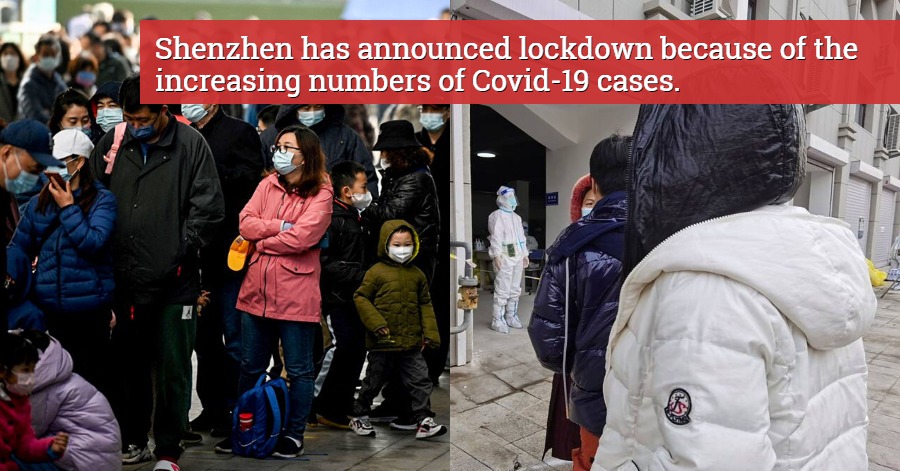The launch of Malaysia’s Central Database Hub (PADU) has taken centre stage in the local news recently. The rakyat is encouraged to register with PADU and update their personal information. However, when one attempts to do just that, one would find that PADU is devoid of personal information, which means that it is not an exercise of verification and update, but an exercise in data entry.
And therein lies the perennial problem with government systems such as PADU. The rakyat is burdened with the responsibility of entering sensitive personal data such as full names and NRIC numbers (available from the National Registration Department), as well as financial details like commitments, income, and interest from savings and dividends (available from the Inland Revenue Board). But perhaps obtaining such confidential information directly from the rakyat is a more prudent approach.
However, information is a two-way street and so one must also ask, what exactly is the purpose of PADU? The PADU website (https://padu.gov.my/) states that its objectives are to prepare a central database hub for the country to generate scheduled analytics and digitalisation for better decision and policy making based on data, which will balance the fiscal position through targeted policies. The goal of PADU is stated to be: to increase the efficiency of providing Government services, to solidify the use of limited resources, to strengthen the socio-economic dynamics of the rakyat, to bridge the socio-economic gap, and to balance development.
How exactly will this be done? For example, Economy Minister YB Rafizi Ramli has said that the RON95 subsidy would be replaced by a targeted subsidy programme sometime in the second half of 2024 (The Star, 27 November 2023). Does this mean that we can expect petrol prices to increase in the second half of 2024, with subsidies debited into the accounts of those who are eligible? And what if someone is less than honest in filling up the information in PADU, so that they can enjoy Government subsidies and benefits? Will there be any penalties? Who will check and verify these details?
Also, what are the other benefits of registering with PADU? Does this mean that the Government will no longer carry out the traditional census survey for statistical information? Worse, does this mean that the statistical information that we have on the socio-economic landscape of Malaysia today is inaccurate? What if one’s financial commitments and income change? Does one have to update one’s information in PADU every time there is a change? What are the repercussions if this is not done?
Then, there is also the issue with data privacy and security. The Personal Data Protection Act 2010 does not apply to the Government. However, Economy Minister YB Rafizi Ramli has assured us that PADU is developed, and will be managed by civil servants, who are governed by the Official Secrets Act 1972 (The Star, 4 January 2024). Does this mean that the entire PADU database is an official secret, accessible only to civil servants? Malaysia has about 1.62 million civil servants (The Star, 31 August 2022), which means that in a population of about 33 million, there is one civil servant for every 21 people. How secure is our most personal information? If only certain civil servants have access to this database, who are they?
This is a genuine concern because on the other hand, the other local news plaguing our nation today is how Malaysians are susceptible to scams. The news has been replete with the types of scams utilised, that include people impersonating Inland Revenue Board officers, police officers, court officers, customs officers, bank officers and even postal officers. These scammers have personal information such as NRIC numbers and bank account numbers, which begs the question, where are these information coming from? In any event, it would be near impossible to conclusively prove in a court of law who leaked or sold personal information which ended up in the hands of unscrupulous scammers.
In summary, my reservations about PADU are first, the Government has at its disposal all the necessary information it already needs from the rakyat through, among others, the National Registration Department, the Inland Revenue Board, as well as recently through MySejahtera. Second, what are the exact benefits of PADU – how will the Government ensure a fair and equitable distribution of subsidies and benefits to those who are truly in need, given the fact that untrue information may be given?
What actions, if any, can the Government take against those who provide false information in order to enjoy subsidies and benefits? Third, what safeguards are in place to ensure the utmost security of the rakyat’s sensitive personal information stored in PADU? In the unfortunate event of a data breach, what steps will the Government take to address and rectify the situation, and what are the consequences for the persons responsible for this breach?
Whilst it is acknowledged that the intention behind PADU is good and meant to help the rakyat, the rakyat is also surely entitled to more detailed information as to how PADU actually works, before we are asked for personal sensitive information. Otherwise, PADU may be viewed as an attempt at state surveillance and an invasion to privacy, which will mar the good intentions it was built for in the first place.
…
The author is a Senior Lecturer at the Faculty of Law, Universiti Malaya and may be reached at [email protected]









